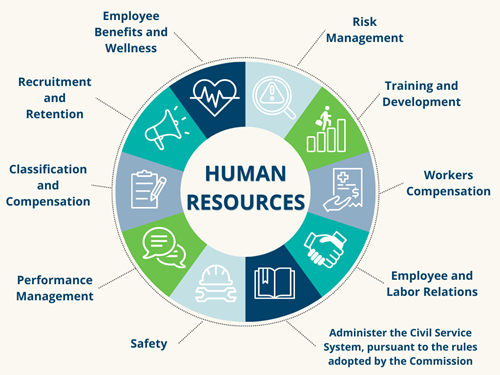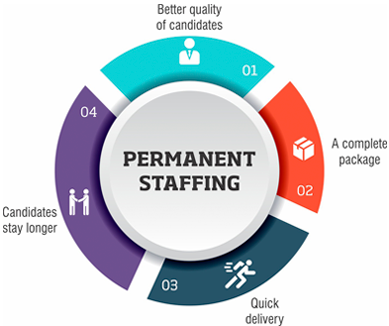Scientists Pinpoint the Day of the Week nEVER to Have Surgery
페이지 정보

본문
Patients confessed to healthcare facility for surgery a particular day of the week are significantly more most likely to die, a major research study suggests.
Those undergoing both emergency and optional operations-such as hip and knee replacements-had a 10 percent greater danger of death if they went under the knife on a Friday, compared to the start.
Experts have actually long observed the so-called 'weekend effect'-even worse post-surgical outcomes for ops done on Friday, due to an absence of more senior staff on Saturdays and Sundays too less additional services for clients like scans and tests.
Patients have likewise reported fearing that staff may be more exhausted towards the end of the week, increasing the possibility of potential harmful mistakes being made in their care.

But the US researchers behind the brand-new study believe while a 'weekend impact' does exist, the greater death rates observed might not always be a reflection of poorer care.
Instead, they declare it might be due to patients who need treatment closer to the weekends being most likely to be sicker and frailer.
But they admitted an absence of senior personnel operating on Fridays, compared with Mondays, and a resulting 'difference in knowledge' may likewise 'contribute'.
In the study, researchers at Houston Methodist Hospital in Texas, evaluated data from 429,691 clients who went through one of 25 typical surgical treatments in Ontario, Canada, in between 2007 and 2019.
Scientists discovered both emergency situation and non-emergency operations - such as hip and knee replacements - were almost 10 percent more deadly when performed near to the weekend compared to the start of the week
Patients were divided into two groups - those who underwent surgery on the Friday or the day before a public vacation.

The second had their operation on the Monday or post-holiday.
Researchers assessed short-term (1 month), intermediate (90 days), and long-term (one year) outcomes for patients following their operation, including deaths, surgical problems and length of stay.
They discovered patients undergoing surgery immediately before the weekend were 5 percent more likely to experience problems, be re-admitted or pass away within one month.
When mortality rates were analysed particularly, the threat of death was 9 per cent most likely at 30 days amongst those who went through surgical treatment at the end of the week.

At 3 months this increased to 10 per cent, before reaching 12 percent a year after the operation.
By type of operation, scientists discovered there was a lower rate of negative events amongst clients who underwent emergency surgery prior to the weekend.
But, this was no longer true once they had accounted for clients who had been admitted before the weekend, yet had to wait up until early in the following week to undergo such surgery.
Under the previous Government, then Health Secretary Jeremy Hunt, repeatedly declared understaffing at health centers throughout the weekend caused 11,000 excess deaths every year

'Immediate intervention might benefit patients presenting as an emergency situation and may make up for a weekend impact,' the medics wrote.
'But when care is postponed or pressed back up until after the weekend, results might be negatively affected owing to more-severe disease presentation in the operating room.'
Studies have also recommended patients confessed then are sicker and at greater risk of dying because a decrease in community recommendations such as those from GPs, over the weekend.
Others have likewise said some may not have the ability to manage to require time off work, so postpone their check out to the medical facility to the weekend, when they are sicker.
Writing in the journal JAMA Network Open, the researchers added: 'Our outcomes show that more junior cosmetic surgeons - those with fewer years of experience - are operating on Friday, compared with Monday.

Britain has more females doctors than men for the very first time in more than 165 years, figures expose
'This distinction in competence might contribute in the observed distinctions in outcomes.
'Furthermore, weekend groups may be less acquainted with the patients than the weekday group previously managing care.'
Reduced accessibility of 'resource-intensive tests' and 'tools' which may otherwise be offered on weekdays might likewise lead to increased healthcare facility stays and problems, they stated.
Experts have actually long remained clashed over the 'weekend impact' in NHS healthcare facilities, with some arguing short-staffing at weekends is to blame.

The 'weekend result' was among the essential arguments used by the former Conservative Government to promote the program - and a brand-new contract for junior medical professionals - in 2017.
Then Health Secretary, Jeremy Hunt consistently declared understaffing at health centers during the weekend triggered 11,000 excess deaths every year.

But a flurry of studies have actually called this into concern.
In 2021, one major NHS-backed task led by Birmingham University concluded the 'sicker weekend patient' theory was right.
The study found that, in spite of there being far fewer professional physicians on duty at weekends, this did not affect death.
- 이전글경기 러브약국 | 온라인 약국 25.03.15
- 다음글펜벤다졸, 강아지 구충제로 말기암 완치된 조 티펜스 - 러시아 직구 우라몰 Ula24.top 25.03.15
댓글목록
등록된 댓글이 없습니다.


